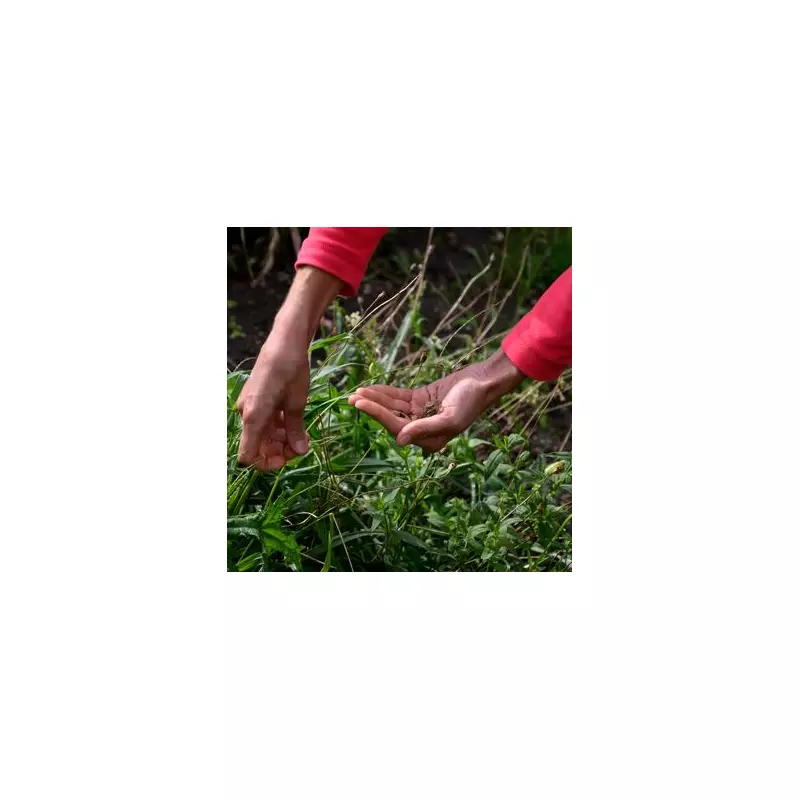
Green-fingered enthusiasts across the UK are discovering a simple secret that transforms their gardening game while saving pounds on plants. Mastering the art of seed collection isn't just for professional horticulturalists - it's an accessible skill that anyone can learn to create a self-sustaining garden paradise.
Why Seed Saving is a Game-Changer for British Gardeners
Beyond the obvious financial benefits, collecting your own seeds offers something even more valuable: continuity. "There's something magical about growing plants from seeds you've collected yourself," says veteran gardener Michael Perry. "It creates a living legacy in your garden that returns year after year."
The Foolproof Three-Step Method
Step 1: Perfect Timing is Everything
Wait for that golden moment when seed heads have matured but before they've scattered naturally. Look for brown, papery pods and firm seeds - nature's way of saying they're ready for collection. For flowers like poppies and nigella, this usually means late summer through autumn.
Step 2: The Gentle Harvest
Choose a dry day and carefully snip seed heads into paper bags or envelopes. Avoid plastic at all costs, as it encourages mould. Label everything immediately - it's astonishing how quickly you'll forget what's what!
Step 3: Master the Drying Process
Spread your treasures on baking sheets or paper in a warm, airy spot away from direct sunlight. A airing cupboard or warm room works perfectly. Leave them for 1-2 weeks until completely crisp, then transfer to labelled envelopes for winter storage.
Pro Tips for Seed Success
- Start simple: Marigolds, poppies and sunflowers are perfect for beginners
- Storage savvy: Keep seeds in a cool, dark place - many remain viable for years
- Know your plants: Avoid hybrid varieties as they won't grow true to type
- Share the wealth: Organise seed swaps with fellow gardening friends
This autumn, why not embrace this sustainable gardening practice? With just a little effort, you'll unlock an endless supply of plants while developing a deeper connection to your garden's natural cycle.





